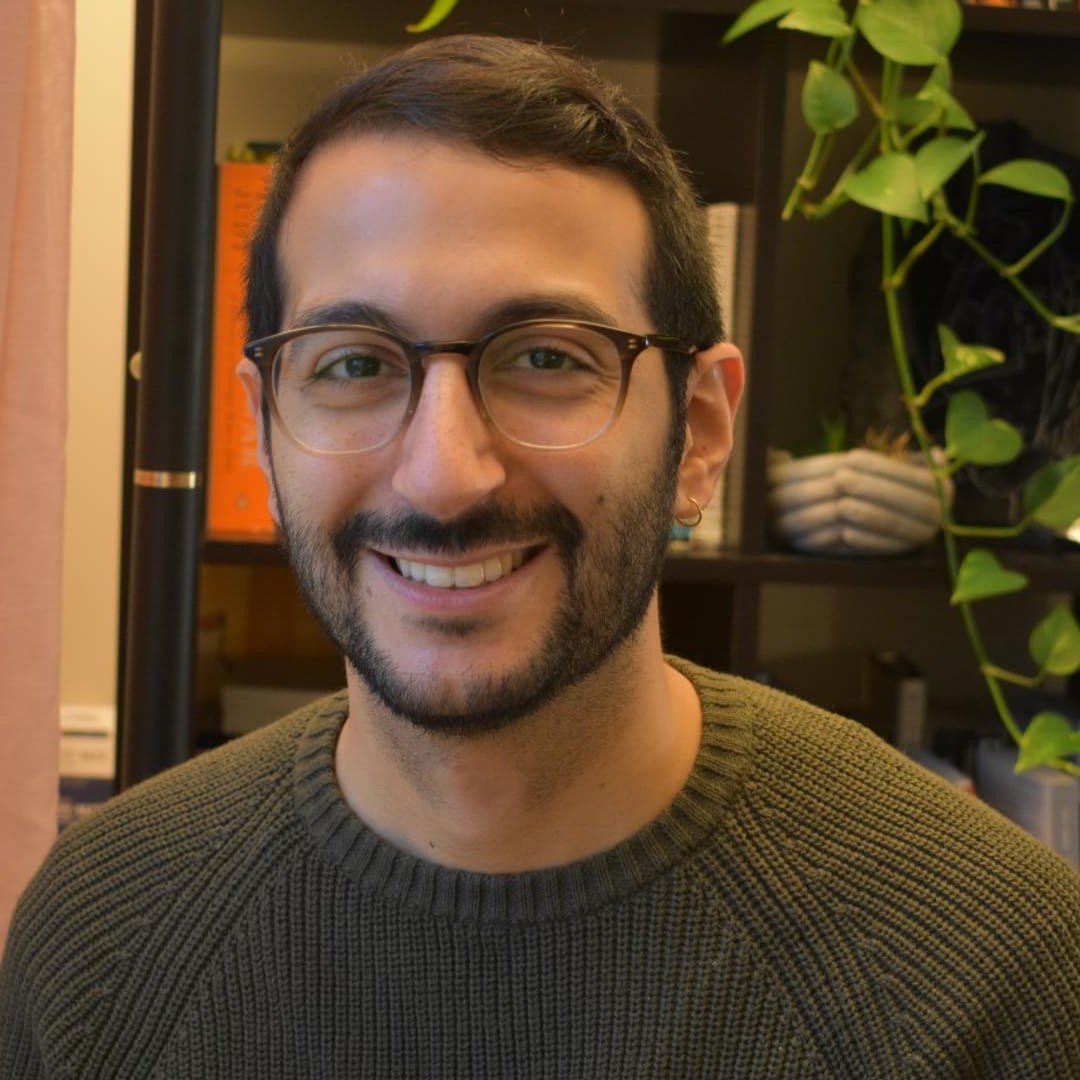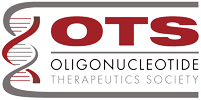
Looking for something?

Jean Gariepy, Ph.D.
Professor Departments of Medical Biophysics and Pharmaceutical Sciences
University of Toronto
SRI Research Chair in Biomolecular Engineering and Senior Scientist Physical Sciences
Sunnybrook Research Institute
How did you become interested in the field of oligonucleotides?
I was always interested in the development of biotherapeutics, in particular peptide and protein-based therapeutics, from my early training in peptide synthesis and protein engineering. This interest led me to co-found Molecular Templates in 2000, a biotech company now located in Austin, Texas, that is developing new toxin-scFv conjugates for cancer therapy. However, by the early 2010s, my research interests shifted towards oligonucleotides and in particular the potential of DNA aptamers as therapeutics. With the emerging global interest in immune checkpoint modulators, I decided to focus our aptamer research towards developing agonists and antagonists aimed at such targets. Our findings led me to co-found D5Pharma to bring aptamer-based immunomodulators to the clinic. It is still early time for us and we are searching for VCs and Pharma partners to help us.
Who were your early mentors?
My doctoral mentor was Dr. Bob Hodges, then at the University of Alberta. Bob is a well-known peptide chemist who now holds the John Stewart Endowed Chair, in Peptide Chemistry at the University of Colorado. He was a great mentor, an Olympic speed skater and always enjoyed discussing science. He taught me how to write papers and plan experiments. As a postdoctoral fellow at Stanford University, my mentor was Dr. Gary Schoolnik, a clinician who always had a vision for translating laboratory research to the field or the clinic.
How did you become involved in OTS?
It was a somewhat indirect path. My group was developing peptide-based delivery vehicles and most of my colleagues in this field wanted to use them to deliver synthetic oligonucleotides (siRNAs and antisense oligonucleotides) inside cells. It remains to this day, a very challenging task for peptide-based delivery agents. I came to the conclusion that developing instead oligonucleotides as agonists or antagonists, targeting instead cell surface receptors would be more applicable. I quickly realized that researchers involved in small molecules drug discovery or antibody-based therapeutics lacked interest in oligonucleotide therapeutics. I then joined OTS, which provides a far more positive forum of like-minded individuals to discuss our aptamer research program.
Why do you continue to support the OTS?
Like monoclonal antibodies several decades ago, oligonucleotides need a few major success stories to become main stream therapeutics. In our case, OTS serves a key role in linking academic innovators in this area with industry partners.
What is special about the type of research/work you’ve done?
Aptamers acting as immune checkpoint modulators hold great promise as novel anti-inflammatory agents and in restoring tumor-specific immune responses.
What do you like to do in your free time?
I like to run, cycle, hiking, enjoy gardening and starting companies.
Interesting fact:
I am an avid fan of Arsenal Football Club (Don’t asked me why. It is very frustrating at times and is not logical).








